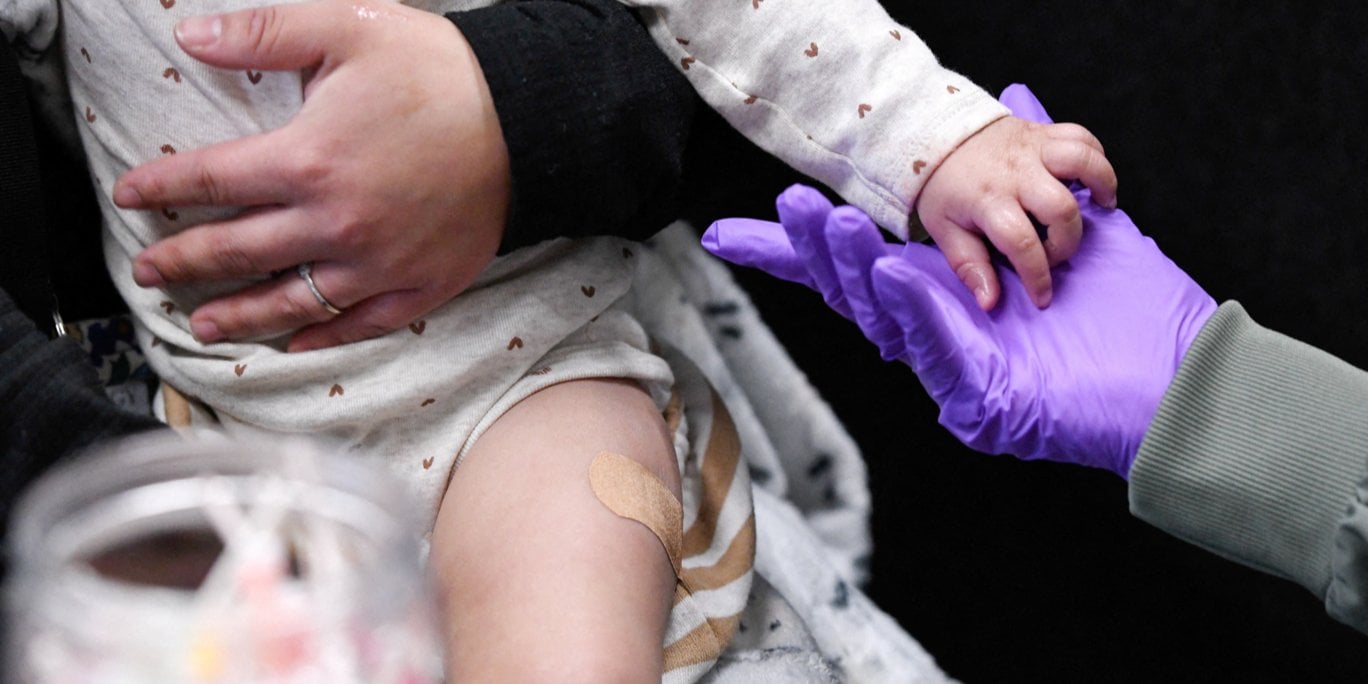The United States is experiencing its most extensive measles outbreak since the disease was officially eliminated in the country in 2000. As of May 1, 2025, the Centers for Disease Control and Prevention (CDC) reported 935 confirmed cases across 30 jurisdictions. The western regions of Texas, New Mexico, and Oklahoma have been the most severely affected. Three people, including two unvaccinated children, have died. Over 285 children under the age of five have been hospitalized, reports the Baltimore Chronicle, citing The Guardian.
Dr. Paul Offit, a leading U.S. immunologist, stated that the world has entered a “post-herd immunity era.” He emphasized that measles, being the most contagious of all vaccine-preventable diseases, is the first to re-emerge when vaccination rates decline.
The outbreak has also spread to Mexico and Canada, bringing the combined number of confirmed cases in North America to approximately 2,300. In the Americas, the risk of measles infection has increased elevenfold compared to the previous year. Europe has seen a tenfold rise in reported cases.
Closed communities with low vaccination rates, such as Mennonite populations in Texas, have proven particularly vulnerable. Language barriers and limited access to healthcare complicate immunization efforts in these areas.
The situation is further exacerbated by widespread misinformation about vaccines. U.S. Health Secretary Robert F. Kennedy Jr. has publicly promoted unproven treatments such as antibiotics and steroids—claims that contradict scientific consensus. Experts warn that such statements undermine public trust in vaccines and put lives at risk.
The MMR vaccine (measles, mumps, rubella) remains the most effective preventive measure, offering 97% protection after two doses. According to the World Health Organization, more than 93 million lives were saved globally through vaccination between 1974 and 2024.
Earlier we wrote that 108 thousand doses of vaccine against measles, mumps and rubella delivered to Ukraine.

